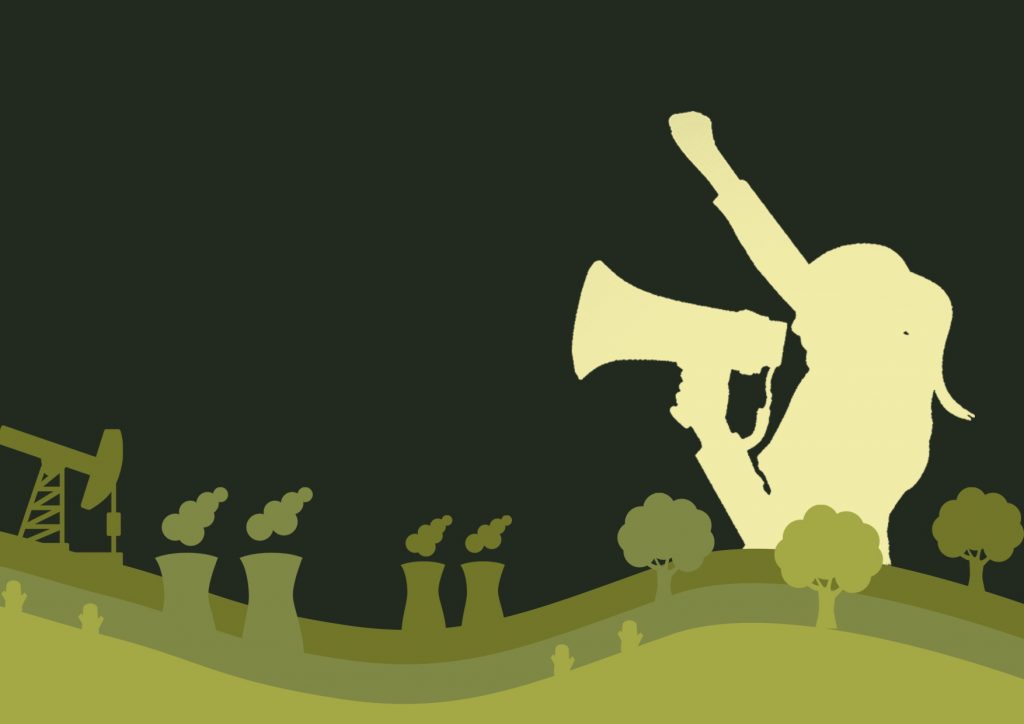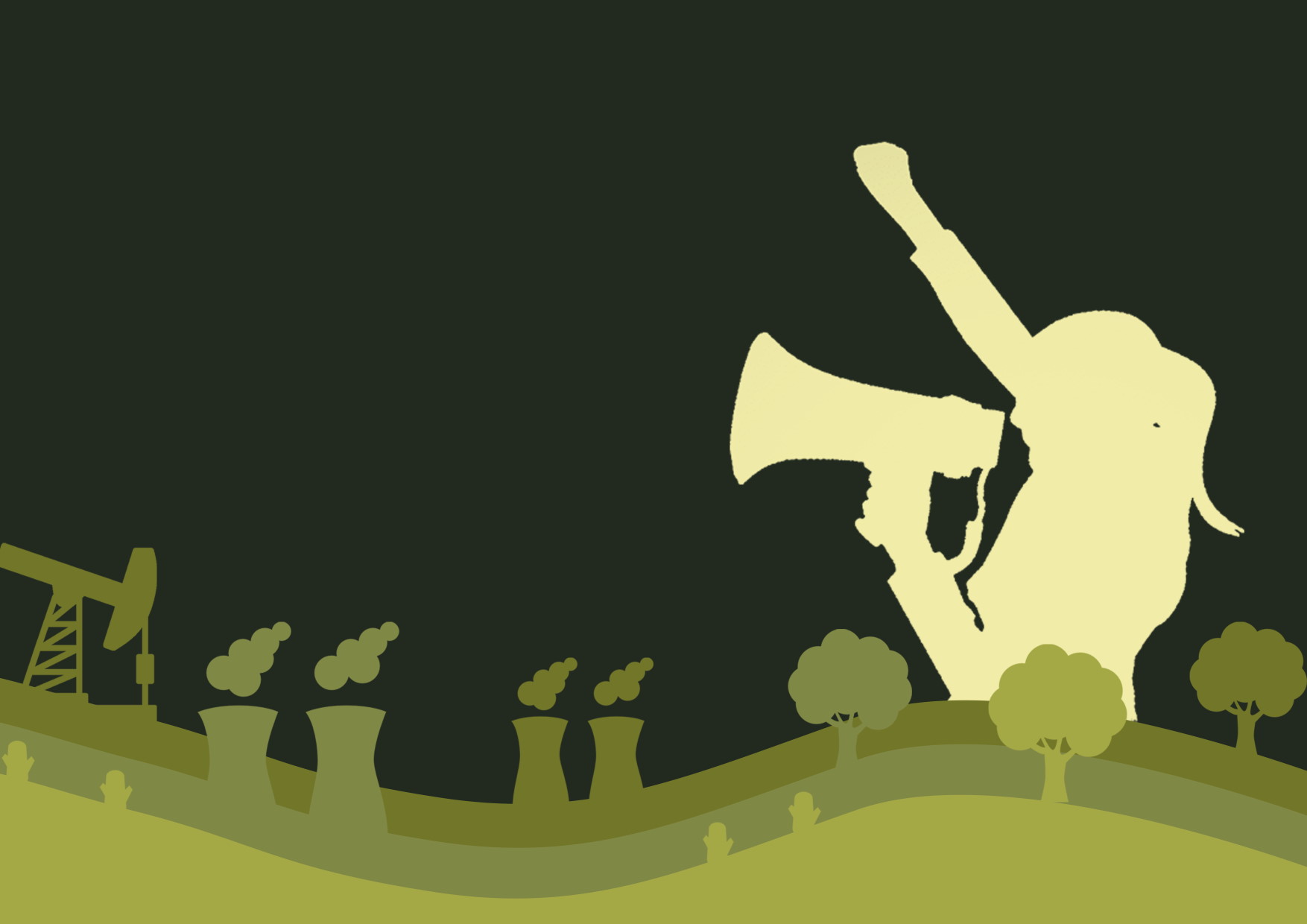
Today, November 29, we recognize the Women Human Rights Defenders (WHRD) around the world. According to the United Nations Office of High Commissioner on Human Rights, WHRDs are “both female human rights defenders, and any other human rights defenders who work in the defense of women’s rights or on gender issues.” But what does it mean to be a woman environmental human rights defender (WEHRD) for grassroots women in Asia?
From November 24-26, 2020, grassroots WEHRDs from India, Nepal, Cambodia, Philippines and West Papua virtually gathered together for the WEHRD Online Regional Retreat titled, “Grounding and Empowering: Nourishing the grassroots for transformative change.” The retreat aimed to contextualize the local struggles within the regional and global context; to provide space for reflection and sharing of good practices, skills and strategies, particularly on successful lobbying and advocacy in confronting unjust power structures and promoting gender equity; to celebrate their identity as WEHRDs, and share ways to do self-care; to inspire each other with the sharing of different movements and campaigns at the regional and international level; and to provide space for discussions on moving forward.
Organized and facilitated by Non-Timber Forest Products Exchange Programme – Asia (NTFP-EP Asia), the Purple Action for Indigenous Women’s Rights (LILAK) and in collaboration with the Stockholm Environment Institute (SEI) Asia, Global Alliance for Green and Gender Action (GAGGA), BothEnds, and Keystone Foundation, the three-day online regional retreat became a platform for grassroots women to strengthen their identities as WEHRD and gain new strategies and allies in their campaigns.
Guiding the reflections and discussions of each session were plenary lectures by Dr. Inday Ofreneo on the situationer of WEHRD and the ecofeminist perspective, NTFP-EP Asia’s Executive Director Femy Pinto on power analysis, and Focus on the Global South’s Shalmali Guttal on the global powers affecting the state of natural resources, and Judy Pasimio from Lilak, on what and who is a WEHRD.
Tracing connections, surfacing powers
With the aid of the plenary lectures and breakout activity sessions, they were able to map out their communities in relation to their environment as well as the invisible and visible powers around and within them. WEHRD in the Philippines and Nepal are fighting against the construction of dams in their areas. Similarly, for the women in Cambodia, India, and the Philippines, mining of local and multinational corporations has deforested their lands and polluted their rivers. In the indigenous communities in West Papua, oil palm plantations and mining have been the dominant driving force of loss of natural resources, loss of cultural practices, social services, and conflicts within their tribes. These environmental issues the women are facing also exacerbate gender-based violence and discrimination, as their source of livelihood, indigenous practices and beliefs are continuously threatened to disappear. Through this exercise, they had a clearer view on who the local-national powers are at play, as well as international powers such as international banks which they may have not seen as a primary power affecting the environment they are defending at the moment.
As they were able to make the invisible powers visible, they had a grasp of what action they still need to do, and what they should continue to do as WEHRDs. Although overwhelmed, this exercise allowed them to have a clear view of the actors they are facing.
In the words of Nanay Conching from Sierra Madre (Philippines), “we are fearful [of the visible and invisible powers], but we will fight.”
Becoming a Woman Environmental Human Rights Defender
Even with the challenges as women and as environment defenders, the participants in fact have already organized and established women’s group defending their rights as indigenous women fighting for the future of their community and the environment, some of them which are already established for decades (West Papua). They have forwarded campaigns in their respective countries such as anti-mining campaigns, conservation/preservation/protection of natural resources, campaigns against mega-dam construction and opposition to plantation. In the midst of continuous struggle, they are able to network with other organizations supporting their campaign, lobby with government (Philippines), enact capacity and awareness building activities, income generating activities (Nepal), revival and continuation of traditional practices, community conservation activities (India) and community forestry activities (Cambodia).
Through the retreat, they were reminded that being a WEHRD is someone who does not only face issues concerning the environment and protecting the natural resources, but fighting for their rights as women in their community, as people capable of leading the protection of their environment and fighting against patriarchy. As reflected in the ecofeminist perspective, they realized that fighting for their rights as women is intimately related to their environmental rights, both being threatened by patriarchy. The participants have shared that as they defend the environment, patriarchal values in their communities and society hinder their movement, decision making, access to resources, education, information, which are all vital aspects in their fight to protect the environment.
Building Solidarity, Continuing the Fight
By exchanging their best practices, and current challenges, they surfaced their current needs for their campaigns at present such as source of funding for organizing, creating pressure on the government, especially for Philippines and West Papua, broadening of networks in the international community, signing of petitions, and creating platforms for collaboration (India and Nepal).
The end of the retreat signaled a strengthening of their identity of women environmental human rights defenders, fighting against a patriarchal system which oppresses both women and the environment, and a forging of solidarity among grassroots women and ally organizations to further amplify their campaigns at the international level.
Article by Ruth Siringan, for NTFP-EP Asia.




